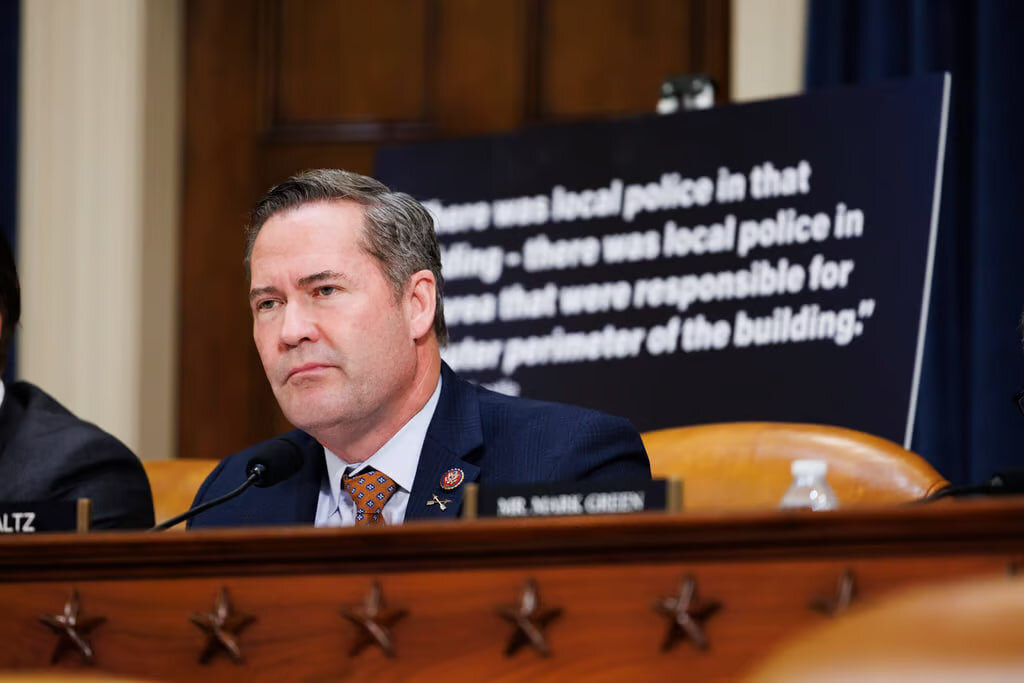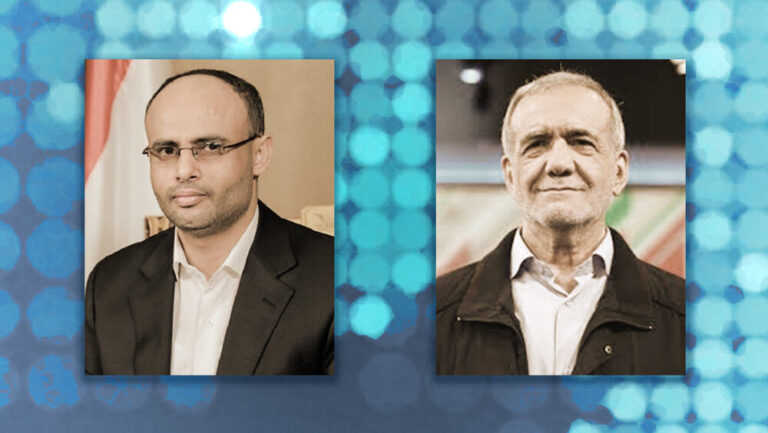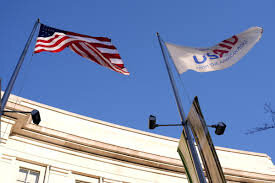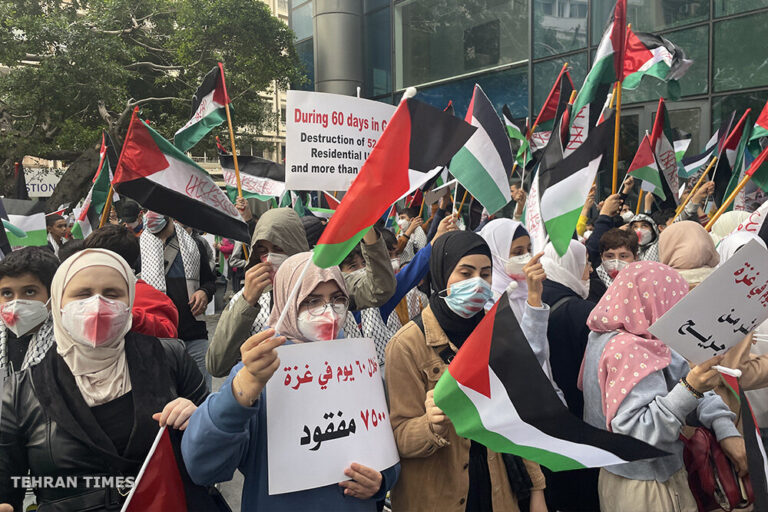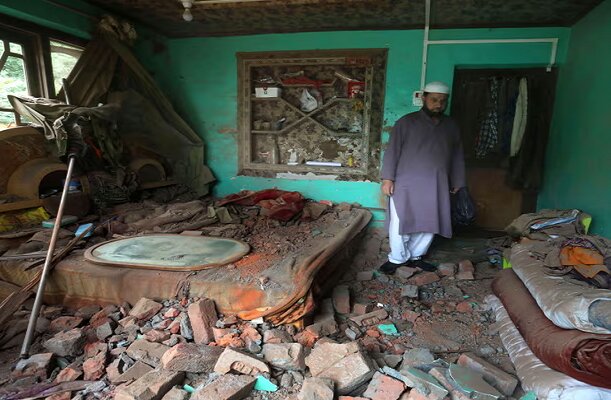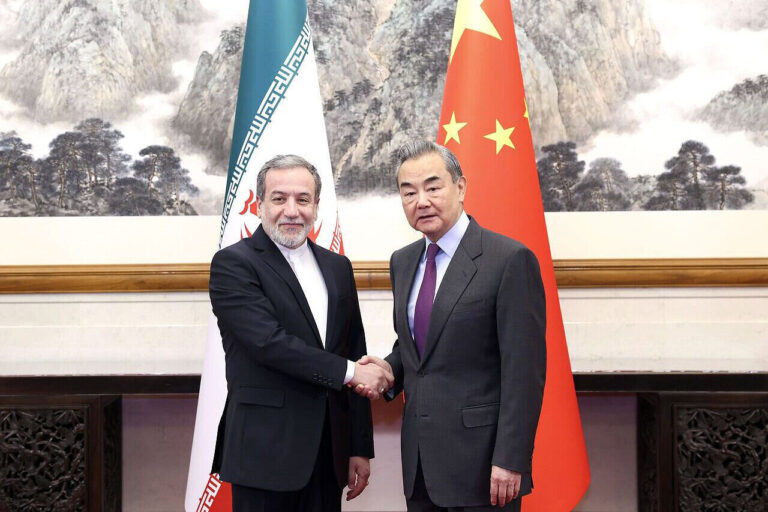Trump’s Team Kicks Off Russia-Ukraine Peace Talks in Saudi Arabia: A New Hope for Resolution
In a significant diplomatic development, senior officials from the Trump administration are set to travel to Saudi Arabia to initiate peace talks involving Russian and Ukrainian negotiators. This move comes amid ongoing tensions from the war that erupted in 2022, and while it aims to foster dialogue, it has already sparked surprise and concern among Ukrainian officials.
According to a Republican lawmaker and two U.S. officials familiar with the situation, National Security Adviser Mike Waltz, Secretary of State Marco Rubio, and Middle East envoy Steve Witkoff will spearhead these discussions. The objective is to explore avenues for ending the ongoing conflict. However, it has been confirmed that retired General Keith Kellogg, who serves as Trump’s special envoy for Ukraine-Russia negotiations, will not be participating.
Notably, there are also no plans for representatives from other significant European powers to attend these talks, raising concerns among NATO allies. They have publicly urged President Donald Trump to include them in the negotiations, emphasizing the importance of a united front in addressing the crisis.
This meeting could represent a pivotal moment in Trump’s pursuit of a peace process and is poised to be the first substantial engagement between Russian and Ukrainian representatives since the war’s onset. Key details about the talks remain undisclosed, including the identities of the negotiators representing Ukraine and Russia.
Republican lawmaker Mike McCaul from Texas confirmed the travel plans for Waltz and Witkoff during an interview at the Politico Pub, coinciding with the Munich Security Conference. Two U.S. officials, who requested anonymity due to the sensitive nature of the negotiations, corroborated that plans are in motion, but further specifics were not provided.
In a recent statement, Trump expressed optimism about the potential for a face-to-face meeting with Russian leader Vladimir Putin in Saudi Arabia. “We ultimately expect to meet,” Trump stated, adding, “We’ll meet in Saudi Arabia, see if we can get something done.” This statement underscores the administration’s commitment to pursuing diplomatic solutions.
At the Munich conference, European leaders reiterated the necessity for Ukraine to be directly involved in any negotiations between Trump and Putin. German Chancellor Olaf Scholz emphasized, “There will only be peace if Ukraine’s sovereignty is secured. A dictated peace will therefore never find our support.” This sentiment was echoed by McCaul, who stressed the importance of including Ukrainians in the negotiation process.
The annual security conference in Munich attracted hundreds of high-ranking foreign leaders and national security officials, highlighting the increasing anxiety among Europeans regarding the future of American commitment to the transatlantic alliance under Trump. This unease was further amplified by a controversial speech delivered by U.S. Vice President JD Vance, which shocked many attendees.
European officials and U.S. lawmakers have collectively voiced that any peace agreement must be framed in a manner that prevents merely pausing hostilities, allowing Russia to regroup and prepare for future aggression. U.S. Defense Secretary Pete Hegseth stated prior to the conference that Ukraine would not be joining NATO as part of the peace negotiations, nor would American troops or NATO’s collective defense provisions be extended to any potential peacekeeping force. These remarks drew criticism from various Republican lawmakers, prompting Hegseth to clarify his statements.
The prospect of excluding Ukraine and European allies from the forthcoming peace discussions has caused significant unease among diplomats. Some view the complaints as a reflection of the power dynamics at play between Washington and Europe. “If you have to insist you’re relevant, it likely means you’re not,” commented one European diplomat, encapsulating the sentiment of many regarding the current geopolitical landscape.
Ukrainian President Volodymyr Zelenskyy has expressed skepticism about Putin’s willingness to engage in genuine peace talks after three years of conflict. “Trump said to me that Putin wants to stop the war. I said to him, ‘Putin is a liar. I hope that you will pressure him because I don’t trust him,’” Zelenskyy remarked at the Munich conference, revealing the deep mistrust that exists between Ukraine and Russia.
Additionally, Trump administration officials have proposed a controversial plan to Zelenskyy, suggesting that Ukraine could transfer part of its stock of rare earth minerals in exchange for ongoing U.S. military support. This proposal, if pursued, could further complicate the already delicate situation.
As the diplomatic dialogue unfolds, the world will be watching closely to see if these peace talks can foster a resolution to the ongoing conflict and what implications they may have for international relations moving forward. The outcome of these discussions could significantly impact not only Ukraine but also the broader geopolitical landscape.
